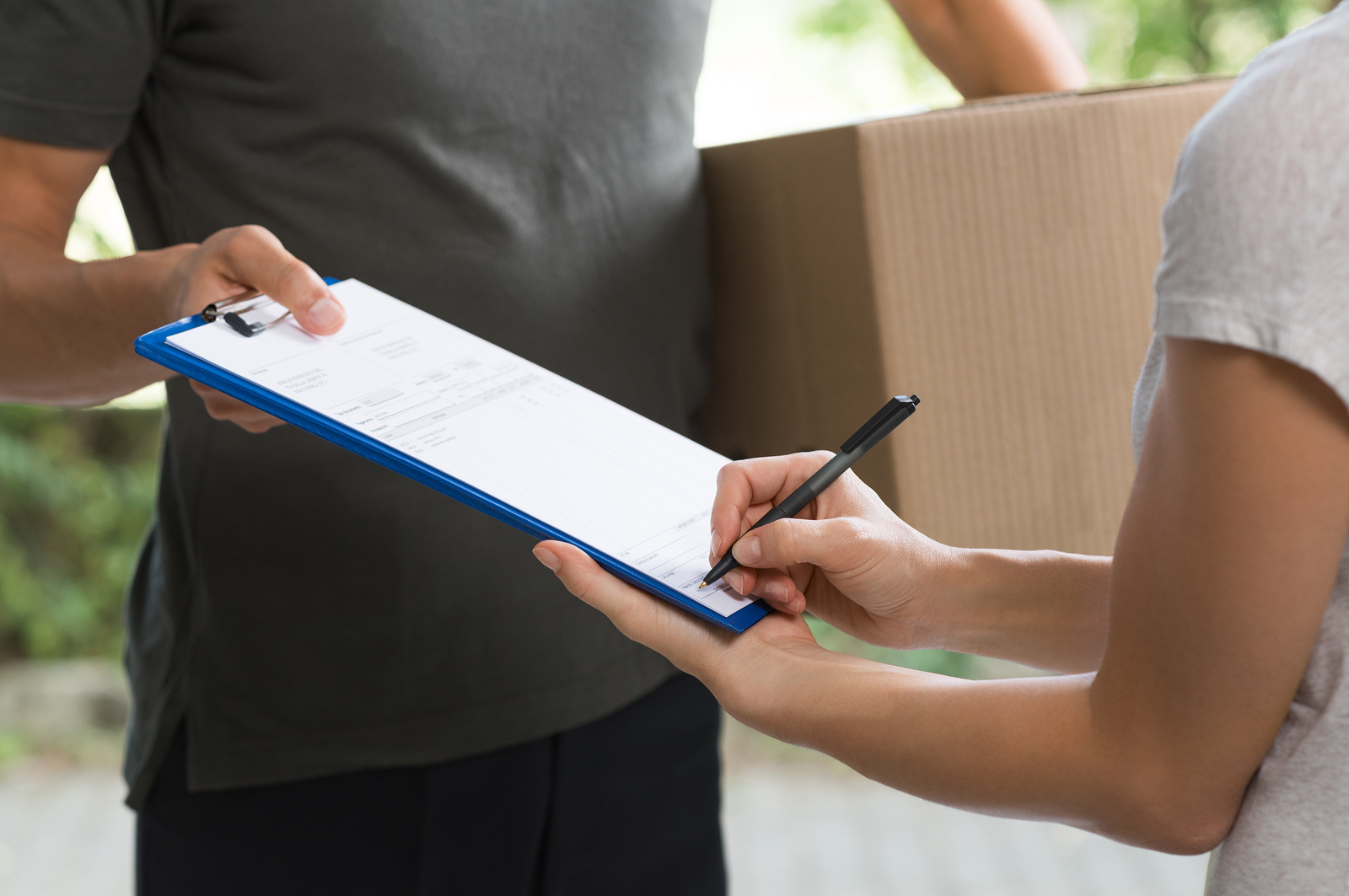12 Tips to a Successful Customs Brokerage Process
International trade gets regulated with a variety of trade laws and tariffs. These are set by countries as a way to control the movement of goods across borders. Due to the complexity of international trade, many companies choose to outsource things. They use the services of external customs clearance experts called customs brokers. To do this job, brokers must be familiar with the intricacies of the customs brokerage process.
What exactly is customs brokerage?
As clearance specialists, customs brokers manage and oversee the import of goods on behalf of their clients. We call this process “customs brokerage“.
Brokers can be private individuals or business entities, such as partnerships, associations or corporations. To provide brokerage services, they need a license from relevant state bodies.
Every country defines its own set of regulations governing export/import of goods. Due to the dynamic nature of international trade, these rules are subject to frequent changes.

Many brokers specialize in clearance of specific categories of goods, like perishable goods, clothes or large shipments. Most brokers reside in major nodal points of traffic, such as international airports and ports.
Overall, the job of the customs broker involves the following:
- analysis of shipping documentation to ensure compliance
- preparation and e-submission of documents to government agencies
- correct classification of goods, determination of taxes, excises, and duties
- serving as a liaison between the company and government agencies
- coordinating transportation, storage, and distribution of goods
- cargo insurance against damage, loss or theft
- overall streamlining of the clearance process
In other words, it takes a lot of time, skill and effort to clear items through Customs. Brokers must take into account various government regulations and individual customer requirements.
Furthermore, brokers must be familiar with the Customs laws, the tariff schedule and the specific regulations and restrictions for each type of import. Any errors in the clearance process can result in significant fines for the broker and the company.
So, what can customs brokers do to ensure a fast and efficient customs brokerage process?
1 – Go digital
Times are changing and so are the ways we do business. Most manual procedures are being replaced by online programs. Digital technology makes it easier to submit documents, track the movement of goods, manage customs paperwork and stay current on latest trends.
2 – Be diligent
To ensure a problem-free import, brokers must always do their homework. They have to obtain detailed information about the shipment, review all applicable regulations, ensure proper classification and labeling and observe submission deadlines.
This particularly applies to new commodities, since it allows sufficient time to address any issues or concerns.
3 – Determine the type of import
It’s important to check if the goods come with any special requirements or restrictions.
For instance, alcohol, weapons, certain pharmaceuticals, animal products and chemicals need specific import licenses.
Most countries prohibit things like toxic substances, cultural heritage goods and illegal products made from endangered species.
4 – Make sure documentation is complete
To avoid fines, delays, and damages to the cargo, the customs paperwork must be complete, accurate and submitted on time.
The paperwork should include a detailed description of the goods, certificate of origin, packing list, bill of lading, SKU number and verified tariff classification number. Special permits for goods subject to other government regulations must also be obtained.

5 – Find ways to reduce import costs
Brokers should always check for ways to reduce import costs. For instance, certain goods qualify for preferential access, granted under so- called PTAs (preferential trade agreements). In this case, the import tariffs get reduced, but not completely eliminated.
6 – Correct errors
To ensure compliance, brokers need to identify any errors in the original entries. Then they should submit them to Customs, corrected and within specified time frames. Things to check include origin, the number of items i.e. surpluses and shortages, value and tariffs.
7 – Maintain detailed records
Companies must keep detailed records of all shipments, from procurement to payment for 7 years. And this includes invoices, shipping records, proof of origin, markings, value adjustments etc. Customs brokers can do this on behalf of the client, following a written authorization by the relevant government body.
8 – Choose a specialty
Selecting a specialty field allows brokers to gain in-depth knowledge about a certain area of import. As a result, this gives them a competitive advantage. Brokers specializing in clearance of certain categories of goods, shipment sizes, locations or transportation modes are in high demand.
9 – Ensure a smooth broker-client relationship
To avoid disputes, broker’s responsibilities and terms & conditions must be clearly outlined. Doing this gives a clear definition of the scope of services. For instance, whether the regular brokerage fees cover consultancy services or if they are charged additionally.
10 – Stay current
International trade is a highly dynamic field. To avoid accidental non-compliance, brokers must keep up to date. Most of all it includes following international trade news, regulatory changes, and cross- border issues. Regular attendance of educational events such as compliance and risk management seminars is also advisable.
11– Declare all goods
Shipments sometimes include free samples, but these also require a declaration. In other words, free stuff isn’t free when it comes to customs clearance. They require the same documentation as regular, purchased goods and are subject to duties and taxes.
12 – Be responsible
Brokers must represent their clients to the best of their abilities. This includes full adherence to applicable customs laws. Any negligence or oversight can result in damage, delays and revenue losses. Additionally, It can also reflect badly on the reputation of both broker and client.
Brokers must know their scope of authority, make efforts to improve their skills and conduct internal audits to improve operational efficiency. At the same time, they are under obligation to provide accurate data and disclose any false or misleading information.
As an importer, you do have the option to self-clear your goods. However, hiring a customs broker gives you access to a wealth of knowledge, skill, and experience. In other words, it spares you the hassle of navigating through the customs clearance maze yourself.

The customs experts at A&A will be happy to take this burden off your shoulders. We can assist you with customs paperwork, special permit requirements and guide you through the import process. Contact A&A today and avail yourself of our reliability, speed, and expertise.

